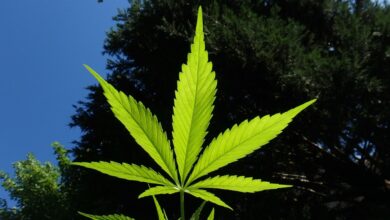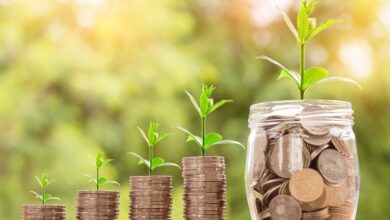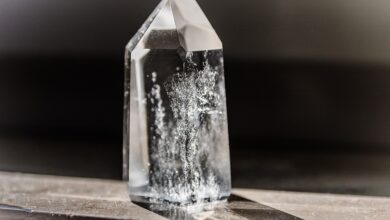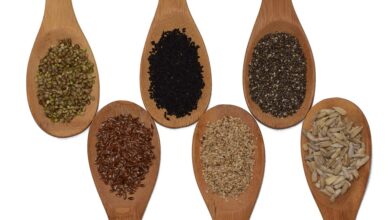The Legalization of Hemp: What You Need to Know
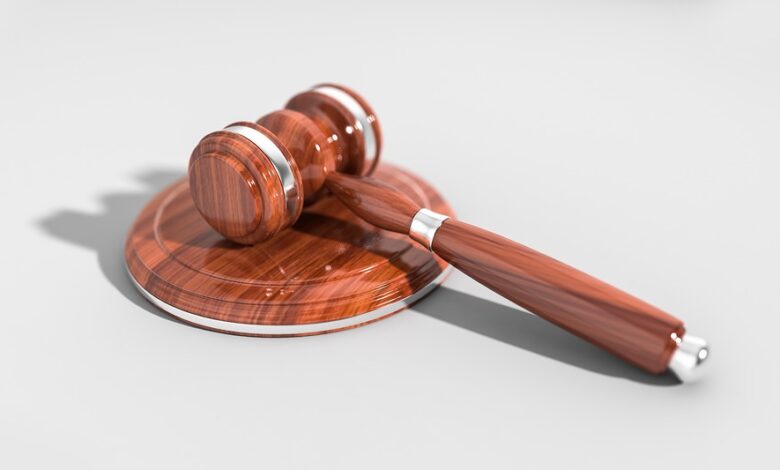
Hemp has been a controversial topic for many years due to its association with marijuana, but recent changes in legislation have led to a surge in the popularity of and demand for hemp-based products. The legalization of hemp at the federal level has opened up new opportunities for farmers, entrepreneurs, and consumers. In this article, we will discuss the legal status of hemp, its uses, and the potential benefits and concerns associated with its legalization.
What is Hemp?
Hemp is a strain of the Cannabis sativa plant that is grown specifically for industrial use. It contains very low levels of THC (tetrahydrocannabinol), the psychoactive compound found in marijuana, and is therefore not used for recreational or medicinal purposes. Instead, hemp is grown for its strong fibers, nutritious seeds, and versatile oil. These products can be used to make a wide range of goods, including textiles, paper, food, cosmetics, and building materials.
Legalization of Hemp
The legal status of hemp has been a point of contention for many years, with conflicting regulations at the federal and state levels. However, in 2018, the Agricultural Improvement Act, more commonly known as the Farm Bill, was signed into law. This bill removed hemp from the list of controlled substances, effectively legalizing its production and sale at the federal level.
Under the Farm Bill, hemp is defined as any part of the Cannabis sativa plant with less than 0.3% THC by dry weight. This distinction is important, as it differentiates hemp from marijuana, which remains illegal at the federal level. The bill also allows for the cultivation and processing of hemp, as well as the sale and transportation of hemp-based products across state lines.
Uses of Hemp
Hemp has a wide range of uses, which makes it a highly versatile and valuable crop. The fibers of the hemp plant can be used to make textiles, rope, paper, and insulation. Hemp seeds are a rich source of nutrients, containing high levels of protein, healthy fats, and essential vitamins and minerals. Hemp oil, which is extracted from the seeds, is used in cooking, skincare, and holistic medicine. Additionally, hemp can be used to make biodegradable plastics, biofuels, and building materials, making it a sustainable alternative to traditional products.
Benefits of Legalizing Hemp
The legalization of hemp has several potential benefits for farmers, entrepreneurs, and consumers. For farmers, hemp offers a new and lucrative crop that can be grown in a wide range of climates and soil types. It also has a relatively short growing cycle, allowing for multiple harvests per year. This can provide a steady source of income for farmers and help revitalize struggling agricultural communities.
Entrepreneurs have also been quick to capitalize on the legalization of hemp, creating a booming industry of hemp-based products. From CBD oil to hemp-based textiles, there is a growing market for hemp goods. As consumer interest in sustainability and natural products continues to rise, the demand for hemp is expected to increase, creating new opportunities for businesses and job growth.
For consumers, the legalization of hemp means access to a wide range of products that are both eco-friendly and nutritious. Hemp-based foods offer a healthy and sustainable alternative to traditional foods, while hemp-based skincare and wellness products provide natural and beneficial options for personal care.
FAQs
Q: Can I grow hemp in my state?
A: The Farm Bill allows for the cultivation of hemp in all 50 states, as long as it is done in compliance with state and federal regulations. However, it is important to check with your state’s department of agriculture for specific guidelines and licensing requirements.
Q: Is hemp the same as marijuana?
A: No, hemp and marijuana are different strains of the Cannabis sativa plant. Hemp contains extremely low levels of THC and is grown for industrial use, while marijuana contains higher levels of THC and is used for recreational and medicinal purposes.
Q: Can I consume hemp-based products without getting high?
A: Yes, hemp-based products, such as CBD oil and hemp seeds, do not contain enough THC to produce psychoactive effects. They are safe and legal to consume.
Q: Are there any restrictions on the sale of hemp-based products?
A: The Farm Bill allows for the sale of hemp-based products across state lines, as long as they contain less than 0.3% THC. However, it is important to check local regulations and licensing requirements for selling hemp products in your area.
In conclusion, the legalization of hemp has opened up new opportunities for farmers, entrepreneurs, and consumers. With its wide range of uses and potential benefits, hemp has the potential to become a valuable and sustainable crop for the future. As the industry continues to grow, it will be important for regulations and standards to develop and adapt to ensure the responsible and ethical production and sale of hemp products.
[ad_2]

